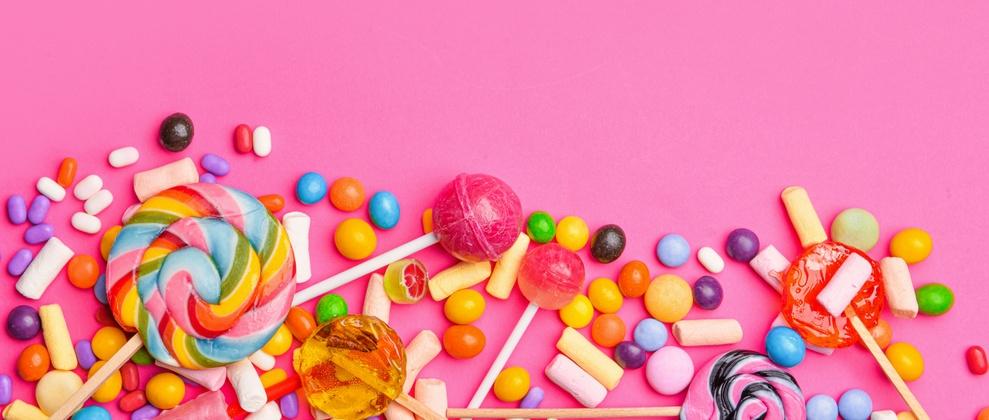
The health benefits of coffee and tea
Peer reviewed by Dr Hayley Willacy, FRCGP Last updated by Dr Sarah Jarvis MBE, FRCGPLast updated 21 Jul 2018
Meets Patient’s editorial guidelines
- DownloadDownload
- Share
- Language
- Discussion
Sitting down with a nice cup of tea or coffee has to be one of life's great pleasures, but contradictory news stories about caffeine have left many confused about whether this simple treat carries risks to our health. So what's the truth? Stick the kettle on, and read the coffee facts minus the froth.
In this article:
We Brits, it seems, have an insatiable appetite for coffee, matched only by our unquenchable thirst for news stories about whether it will kill us or make us live forever. It seems like not a week goes by without a tabloid concluding that your daily flat white, americano, or cappuccino will help or hinder you in the health department.
Coffee has come a long way since it was first imported into Western Europe in 1615 after news of the 'wine of Araby' spread to the West. Nowadays, the UK consumes about 70 million cups of the stuff a day. Hardly surprising, then, that people have an interest in whether it's bad (or good) for them.
Continue reading below
The benefits of a brew
Stay hydrated
One of the most common questions I'm asked is whether coffee dehydrates you.
In hot weather it's extremely easy to become dehydrated. As you get older, dehydration gets more and more dangerous, carrying risks to your heart and your kidneys. The British Dietetic Association recommends that you should drink at least two to two and a half litres of fluid, or six to eight cups a day. At moderate levels, coffee and tea not only don't cause dehydration but can actually prevent it by contributing to your daily fluid intake.
Heart health
Next on the list is coffee and heart health - fuelled when Cherie Blair famously banned her Prime Minister husband from drinking coffee after he had minor heart surgery. The British Heart Foundation has looked at all the evidence and concluded that for healthy people drinking up to four cups a day, there is no heart risk.
At very high levels, coffee and tea can increase blood pressure - one of the biggest risk factors for stroke. They can also make you more prone to palpitations - but you'd need to down three cups of strong coffee or six cups of tea at a single gulp to put yourself at risk! Certain types of coffee - like boiled coffee, which is popular in Scandinavia - can increase your cholesterol. Other types of coffee don't carry the same risk.
In fact, research indicating a link between caffeine and high blood pressure has usually involved huge doses of caffeine or has not taken into account the fact that heavy coffee and tea drinkers are more likely to smoke. When smoking is taken out of the equation, the link disappears. What's more, coffee and tea contain antioxidants - these may protect your heart and offset any possible damage from caffeine.
Diabetes protection
There is also more and more evidence that moderate coffee and tea intake can protect against type 2 diabetes. Studies looking at up to 30,000 humans have consistently shown that those who drink coffee are less likely to develop the condition. These studies aren't perfect, and they're not enough for me to start actively plying my patients with coffee if they don't drink it already. However, they're certainly a strong indicator that there is nothing to worry about.
How much is too much?
As long as you stick to moderation, your taste for coffee and tea can be indulged without a moment's guilt. By moderation, we mean up to 400 mg caffeine - that's about eight cups of tea or four cups of coffee a day.
Continue reading below
When to politely decline
However, there are some conditions where caffeine in any form can make matters worse for some people - these include migraines, irritable bowel syndrome and urge incontinence. If you have any of these, it may be worth cutting out caffeine for a couple of weeks to see if your symptoms improve.
Interestingly, caffeine is included in many painkillers marketed for headache, as it may enhance the effect of the painkiller. And if you're a five-or-more-coffees-a-day gal (or guy), you may well find that your headaches get worse if you stop caffeine, especially if you go 'cold turkey'. This is a phenomenon called 'rebound headache', where blood vessels in your brain start pulsing over time if they're deprived of caffeine in the short term. However, this settles within two weeks (and may be less severe if you cut down regularly). If you do suffer from migraines, there's good evidence that cutting out caffeine (or cutting it down to low levels) can reduce the frequency of migraines and improve the effectiveness of migraine treatment.
The other exception to the 'up to four cups a day' rule is pregnant women - they should stick to no more than 200 mg of caffeine a day from all sources (a cup of contains about 50 mg of caffeine and a cup of brewed coffee or a mug of instant coffee about 100 mg).
But for everyone else, the news is remarkably reassuring. Should you lose sleep over three cups of coffee a day? Not unless you drink them just before bedtime.
Patient picks for Healthy eating

Diet and nutrition
How to stop your sugar cravings
Many of us fancy something sweet from time-to-time, and often raid the cupboard for biscuits or chocolate after dinner. However, it’s easy to get into the habit of eating too many sugary foods - which is harmful for your health. So can you curb your cravings?
by Lynn Stephen

Diet and nutrition
How to boost your energy levels and feel less tired in winter
The cold and darker months can take their toll on the way we feel. Often, the shorter days, dismal weather and changes to the way we eat and sleep mean we feel groggy and tired in winter - making it difficult to get out of bed. But why can our energy levels drop over winter, and what can we do about it?
by Victoria Raw
Continue reading below
Article history
The information on this page is peer reviewed by qualified clinicians.
21 Jul 2018 | Latest version

Ask, share, connect.
Browse discussions, ask questions, and share experiences across hundreds of health topics.

Feeling unwell?
Assess your symptoms online for free
Sign up to the Patient newsletter
Your weekly dose of clear, trustworthy health advice - written to help you feel informed, confident and in control.
By subscribing you accept our Privacy Policy. You can unsubscribe at any time. We never sell your data.